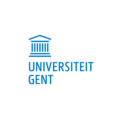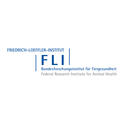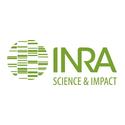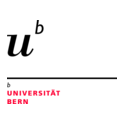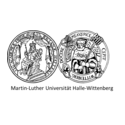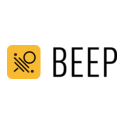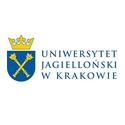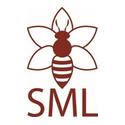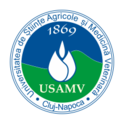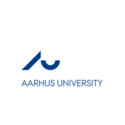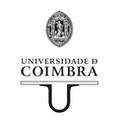In short
Honey bees are essential to ensure food production. Much still needs to be learnt about the interactions of multiple stress factors affecting honey bees and how these contribute to honey bee colony losses. That is why Sciensano takes part in the European B-GOOD project, which provides guidance for beekeepers and helps them make better, more informed and more sustainable choices. B-GOOD paves the way towards healthy and sustainable beekeeping within the European Union. This project’s collaborative and integrative approach uses new technologies and studies socio-economic and ecological conditions.
Project description
The Horizon 2020 B-GOOD project is on a 4-year mission to pave the way towards healthy and sustainable beekeeping across the European Union. B-GOOD stands for “Giving Beekeeping Guidance by Computational-assisted Decision Making” and involves 17 institutions from 13 countries across the EU, including scientists, beekeepers, and beekeeping associations. The core of this project consists of big data, an interactive platform and 6 different technological innovations. Together with the EU Bee Partnership , B-GOOD aims to develop an EU-wide bee health and management data platform. This enables scientists, beekeepers and other actors in the area to share knowledge.
The Health Status Index (HSI), introduced by the European Food Safety Authority (EFSA) is further extended and operationalised during this project. This ensures interoperability, the establishment of B-GOOD as a centralised EU bee data hub and support for beekeepers to maintain healthy honey bees. During the project we:
- Select key health indicators
- Create user-friendly protocols
- Develop novel tools to monitor health parameters
- Pay attention to the honey bee gene pool
B-GOOD’s platform utilises and further expands the open source BEEP system comprised of a monitoring device and the already functional user-friendly application for digital beekeeping logbooks.
The ultimate goal is to supply beekeepers with a decision-making tool that provides comprehensive analysis and advice based on the flow of data from the beehives and their environment, including landscape composition and resource availability, agricultural practices and climate. To achieve this, the project will rely on and expand EFSA’s honey bee simulation model ApisRAM, and apply machine learning to provide linkage between bee health and environmental and management context. The platform is truly unique because it collects real-time data related to colony health, based on 6 different monitoring tools developed within B-GOOD. Another key factor that plays a role in B-GOOD’s future guidance to sustainable beekeeping is the better understanding of its socio-economics, particularly within local value chains and its relationship with bee health and the human-ecosystem equilibrium of the beekeeping sector.
The Belgian National Reference Lab for Bee Diseases, based at Sciensano, analyses samples from honey bee colonies from all over Europe for parasites and bacterial and viral diseases. The results provided by the Belgian National Reference Lab for Bee Diseases are important for the calibration and validation of the monitoring tools.
Sciensano's project investigator(s):
Service(s) working on this project
Partners
